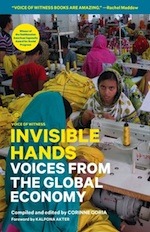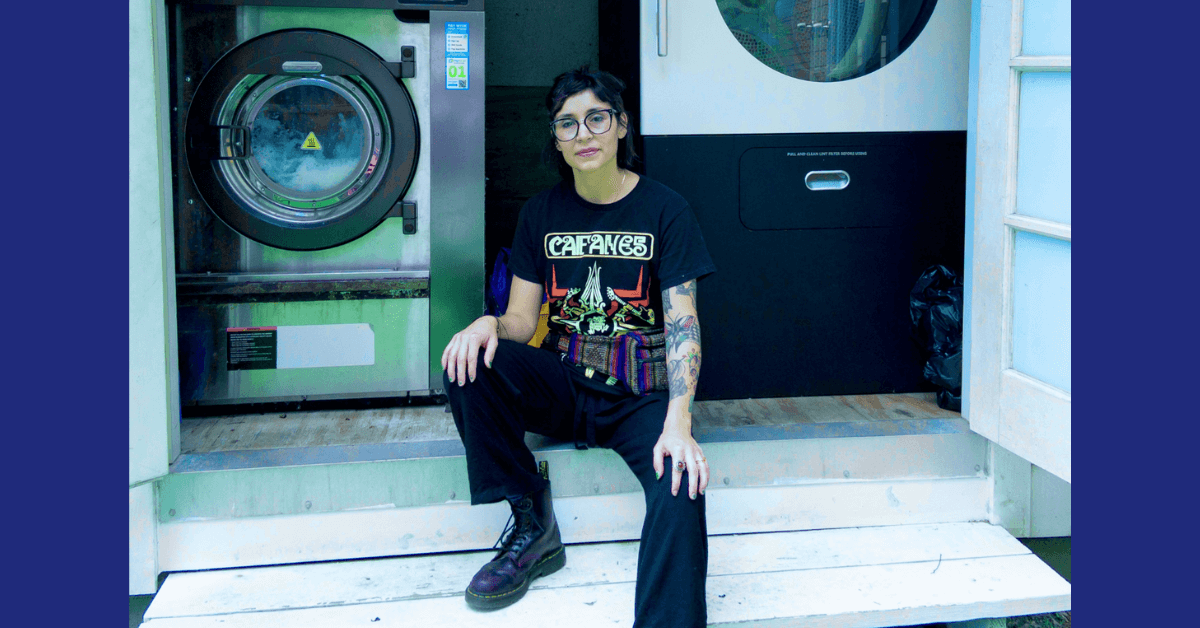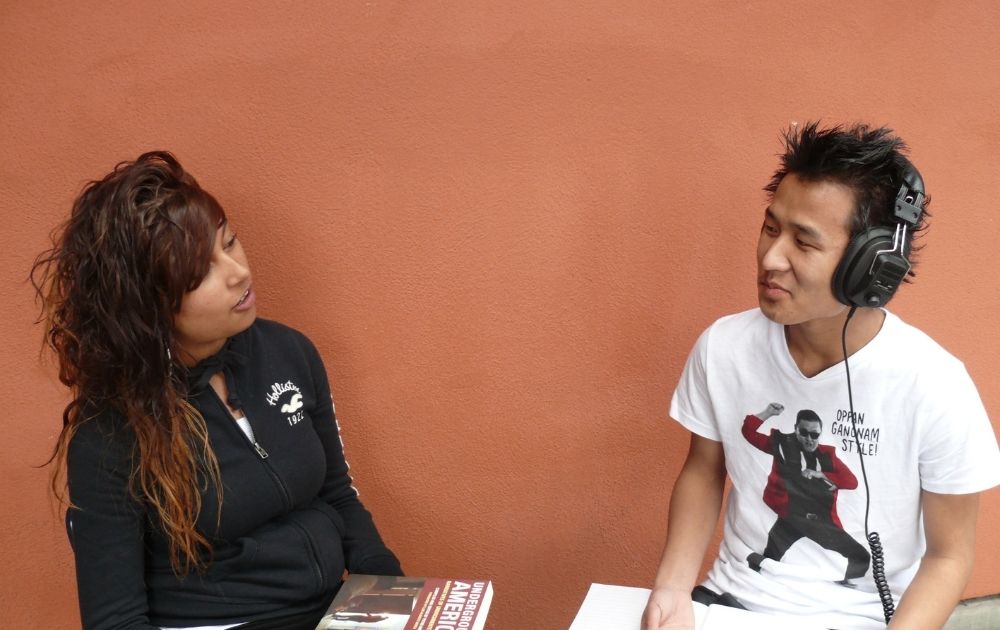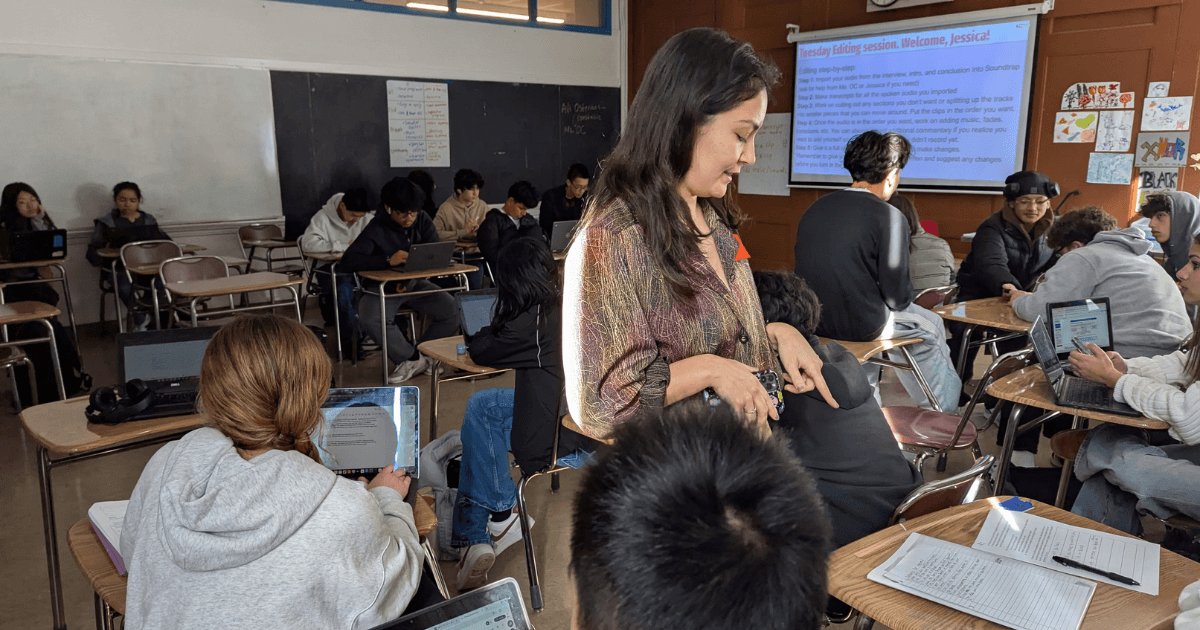A Narrator Shares His Hopes for What Activism and the Arts Will Do for His Hometown of Tehuacán
Martín was raised in a family of activists in Tehuacán, Mexico. He has spent over twenty years working as a human rights advocate in the Mexican state of Puebla, and he has defended labor rights for over twelve years. According to Martín, the fight for rights among indigenous Mexicans shares a close affinity to the struggle for labor rights in Tehuacán’s numerous maquilas. For Martín, the power dynamic of the maquila echoes the centuries-old relationship between European colonizers and the native population of Mexico.
Martín keeps busy between his activism and a rock band he’s led for years. Martín is the director of the Commission for Human and Labor Rights in Tehuacán Valley, and he has opened up his house as a meeting space ever since the commission’s office closed down due to financial difficulties. A victim of violence, death threats, and wrongful imprisonment—as well as the beneficiary of protective measures by international agencies—Martín says that his work defending human rights comes from the positive examples of his parents.
CITIES IN MEXICO ARE BECOMING AMERICANIZED
I remember that before NAFTA was passed you’d rarely see people with electronics like Walkmans or other new gadgets of the time, because you couldn’t bring them in. If you did, it was usually contraband, but now it seems you see electronic devices everywhere. Everybody has the newest devices like iPads and tablets. With the passing of NAFTA I’ve seen how all the medium-sized cities of Mexico are becoming more and more Americanized. Cities are beginning to lose their identity. Walmarts, Burger Kings, and malls are everywhere.
One aspiration I have is to create a cultural center that’s also a union headquarters, with an office and everything. We want to build a place where workers feel at ease, where they can gather to defend their rights and those of other workers. We want them to be able to inform themselves, have access to the Internet, read the newspaper, and analyze what’s going on in this country. We want the cultural center to be a space for conferences about labor rights.
I work on reaching people through art, too. About four years ago I bought a drum kit and formed a band called Mixtitlan. Now I have a band called Necromancer. We play thrash metal but we have blues and stoner rock influences. We sing in Spanish because that was the idea, to play our own music in our own language and touch on social topics. The people who follow us work in the maquilas.
I don’t know what the future holds for Tehuacán. It’s increasingly polluted and congested. The living standards are low. If the government doesn’t find another form of investment here, then Tehuacán will remain the same: a city with work but poorly paid workers. The children of the maquila workers from the boom in the 1990s are now the ones looking for work, and their exploitation is worse than it was for their parents. But we’ll keep fighting for the rights of workers as long as our bodies hold up.
Find the rest of Martín’s story in the Voice of Witness book Invisible Hands: Voices from the Global Economy:
Invisible Hands: Voices from the Global Economy
The men and women in this oral history collection reveal the human rights abuses occurring behind the scenes of the global economy. These narrators—including phone manufacturers in China, copper miners in Zambia, garment workers in Bangladesh, and farmers around the world—reveal the secret history of the things we buy, including lives and communities devastated by low wages, environmental degradation, and political repression.





